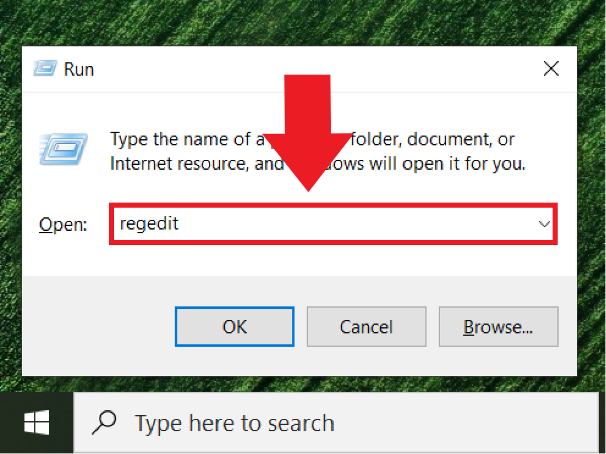Outlook: maximum file size limit explained
Outlook attachments are allowed to have a maximum combined file size of 20 MB. But what if the size is not enough and needs to be expanded? Here you will find everything you need to know about Outlook’s attachment size limits.
Cheap domain names
Domains as original as your ideas. What are you waiting for?
Make your project a success with the perfect domain extension!
Why does Outlook have attachment size limits?
You want to send an important mail with a large attachment, and you get an error message because the attachment is too large? Then you have probably exceeded the maximum file size of 20 MB for Outlook attachments. This is especially annoying if you use an email service that allows file sizes of more than 20 MB. Microsoft Exchange accounts, for example, allow a maximum combined file size of 25 MB.
There’s an obvious reason for the Outlook attachment size limit on all versions of Outlook: security. By putting an upper limit on Outlook file size, Microsoft prevents you or your computer from regularly sending lots of large attachments that exceed the limit of Internet services. For example, if you are unintentionally part of a botnet or your company is targeted by attackers, a flood of emails with large attachments can overload systems, storage, and cause outages.
Configure Outlook’s maximum attachment size
If Outlook’s email file size limit is giving you trouble, you can configure the upper limit or adjust the Outlook attachment limit. There are several ways to do this. The maximum size can be extended via the Registry Editor, large files can be uploaded to the cloud or compressed. We will introduce you to the individual methods in more detail.
With Regedit
If you want to manually extend Outlook’s maximum attachment size, the Windows Registry Editor, also called Regedit, is the suitable solution. In Microsoft’s registry, you can easily set a new Outlook attachment size limit. However, keep in mind that extending the size limit only makes sense if the mail server or provider that receives your attachment supports the corresponding data size. Many mail servers have a limit of 25 MB.
Entries and changes in the Registry Editor should only be made by experienced users, as incorrect changes can cause permanent damage to the Windows system!
Step 2: Find the related path for your Outlook version under the path HKEY_CURRENT_USER\Software\Microsoft\Office\(your Outlook version number)\Outlook\Preferences.
Step 3: If you don’t see a value called ‘MaximumAttachmentSize’ here, go to ‘Edit’ at the top, click ‘New’ and click ‘DWORD’. Now type ‘MaximumAttachmentSize’ in the case-sensitive field and create the value by pressing ENTER. Then right-click on the value.
Step 4: Via ‘Change’ you can now cancel any limit by entering a ‘0’ (zero) under ‘Value’. This means that there is no longer an Outlook attachment size limit. Alternatively, you can define a new increased file size by entering your desired limit in KB under ‘Base’ with the ‘Decimal’ field activated.
With cloud storage
Another handy method that bypasses Outlook’s attachment limits, saves storage space and secures data at the same time, is to use a Cloud Storage service like IONOS HiDrive, iCloud, Google Drive, or OneDrive. Instead of sending a large attachment directly you can simply upload the file in question to the Cloud, share it with the intended recipient and include the link to the file in the email. The recipient can then easily access the file via the link.
Use IONOS’ highly secure HiDrive Cloud Storage to create important backups or make large files available to users.
With Kutools
The fee-based Kutools add-on for Outlook offers numerous functions for efficient communication via Outlook. In addition to automatic forwarding, replying, CC/BCC for different recipients, and memory sharing, Kutools offers the ability to automatically compress incoming attachments which helps to conserve your Outlook file size limit.
With archiving/compression programs
Another trick to get around the Outlook attachment limit is to use a free compression program such as WinZip, WinRAR or 7-Zip. With these, files can be compressed to up to 90 percent of their original storage size. This means you can easily send large files in archive formats such as ZIP, RAR, or 7z and still meet the limit. However, recipients should be able to unzip archive files. While Windows can unpack ZIP, you need a compression program to unpack RAR or 7z files for example. For macOS, additional software is also required for formats such as ZIP, RAR, and 7z.
Professional Email Address & Personal Domain Name
Give the right first impression with a custom email address and a free matching domain name!









